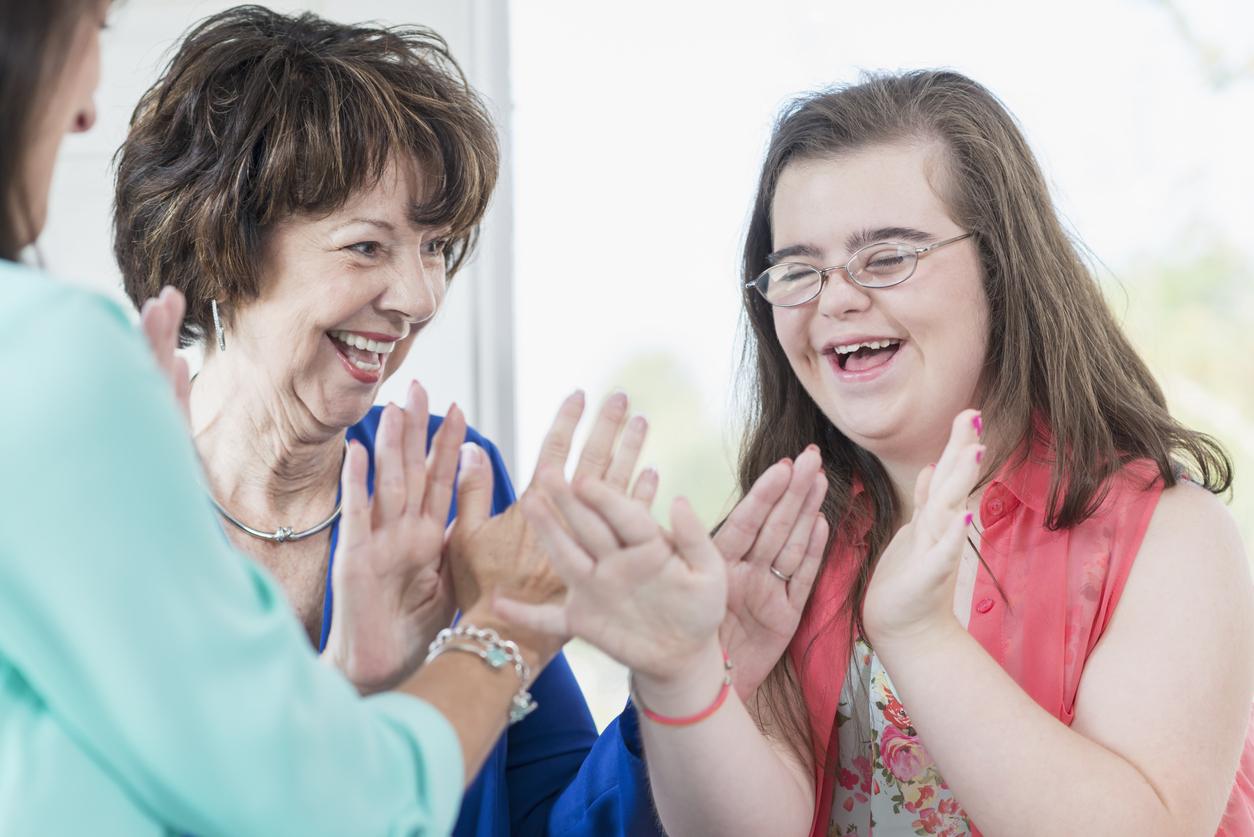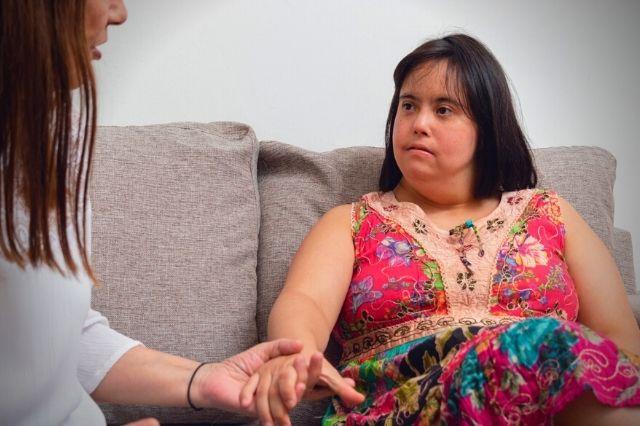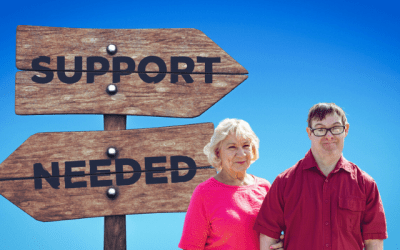Have you ever thought about how it would feel if someone else made every decision for you? What if you couldn’t pick what you wanted to eat, where you wanted to live, or what you wanted to do? Well, that’s what happens to some people with intellectual and developmental disabilities (I/DD) when those who care about them unintentionally take away their rights.
In this article, we’ll talk about common ways this happens, the significance of choice and how we can advocate for people with disabilities to have more say in their lives.
Should People with Disabilities Get to Decide for Themselves?
The answer is yes!
Everyone deserves the right to make choices about their own life. People with I/DD are no exception. We must remember that they, too, have preferences, likes, and dislikes, and these should be respected. Making choices is an essential part of being independent and confident in one’s abilities. When we take away this power from anyone, we inadvertently diminish a sense of self-worth and agency. The power to decide helps us to lead more fulfilling lives.

You Know What They Say About Assumptions, Right?
We should be careful not to make assumptions about people with I/DD. Sometimes, we might think they can’t learn simple things like using a cell phone, cooking a simple meal or other everyday tasks. But guess what? They can learn to do many things, just like anyone else. Supporting them in learning new things can make a big difference in their lives. Let’s give them a chance to grow and learn without assuming they can’t.
We Can Respect Their Personal Space
Some people with disabilities have people who provide them with support in daily living. People who are there for support are great, but they should remember to ask before taking liberties in someone else’s space. Imagine if someone took your food without asking or changed the TV channel without your permission. It wouldn’t feel nice, right? We should show the same respect we would want.
Present and Valued: Including All in the Conversation
Imagine being in a room full of people, but nobody talks to you and you are right there! But, everyone is talking to each other—about you. This happens quite often to people with disabilities. What if we made an effort to talk to them directly and include them in our conversations? Quite often, they have a lot to say and want to have a voice. They deserve a voice and the HCBS Settings rule agrees.
Hearing a voice other than our own may give us the opportunity to learn something new or hear a perspective we may not have considered. Everyone deserves to be heard and included, no matter who they are.

How to Empower Through Advocacy
All of us can play a vital role in advocating for people with disabilities. Here are some meaningful ways to support them:
Listen and Communicate: Always engage with the individual, actively listening to their thoughts and preferences. Encourage open communication, making sure they know their voice is valued.
Respect Their Decisions: Even if you think a different choice would be better, or even wrong, respect their decisions. Just think, non-disabled people are allowed to make bad choices as part of life and learning. Allowing them to make mistakes and learn from them is crucial for growth too.
Offer Assistance, Not Imposition: Instead of assuming they need help, ask if they would like assistance and how they would like it. This way, you empower them to choose when and how they want support.
Encourage Independence: Support their efforts to learn new skills, venturing out by themselves, or just choosing what they want to wear. Be there to offer encouragement and praise along the way.
Advocate Together: Stand alongside them in advocating for their rights, ensuring they have the opportunity to exercise their choices in all aspects of their life.
Fostering Choice

Supporting people with disabilities is not about doing everything for them; it’s about ensuring they have the opportunity to make their own choices and have a voice in their lives. By avoiding assumptions, respecting their decisions, and advocating for their rights, we can help break down barriers and foster a society where every individual, regardless of ability, is treated with dignity and respect. Together, we can create a world where everyone’s choices are valued and celebrated.




